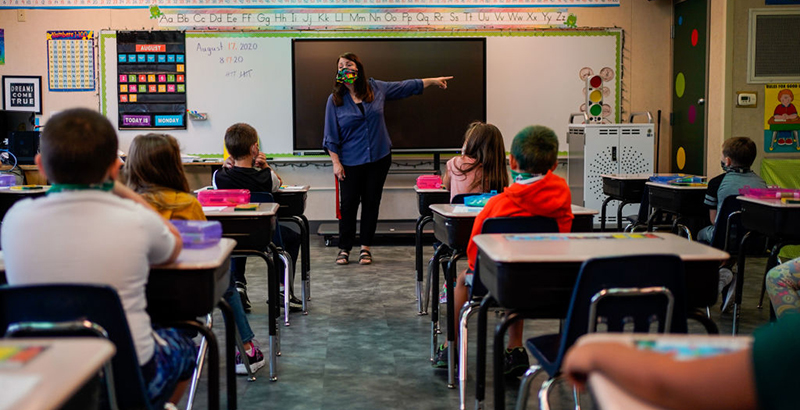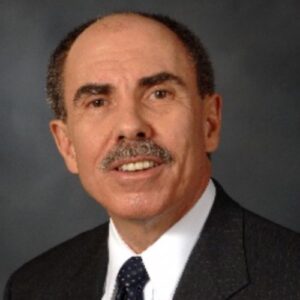Wise: A COVID Constituency of Parents, Teachers & Voters Wants Learning Loss Addressed. Personalized Education Is 1 of the Answers

Get stories like this delivered straight to your inbox. Sign up for The 74 Newsletter
Students and families across this country are feeling the impact of an ongoing pandemic that has shut down schools and exposed inequities and shortcomings in our education system. But this shared experience has also created something new: a COVID Constituency of parents, educators and voters who care deeply about reimagining and improving the education system — and they are making their needs heard.
Driven by their personal experiences with at-home learning, this constituency wants schools to address students’ complex needs. In a recent survey by the National School Boards Action Center, 74 percent of voters said a lack of individualized learning is a problem in the U.S. and declared this an “extremely” or “very important” issue. A Digital Promise survey reflects a similar sentiment: 78 percent of adults said they believe students learn better through tailored instruction of learning content at different paces versus whole-group instruction.
Parents would not want a physician applying a one-size-fits-all approach to their child’s health care, nor will they settle for this in education. They want schools to meet their children where they are. Even before the pandemic, personalized learning — a comprehensive approach centered on the individual child’s unique learning needs and strengths — was underway in many schools and districts. Thanks to these early adopters, promising findings and proven practices increasingly show the potential of personalized learning and the positive impact it can have on student achievement.
Now, the government’s unprecedented COVID relief funding for education can be used to create this improved learning environment.
Making personalized learning a reality will require a vision, planning and implementation strategy. State, school district and school leaders should:
- Create an outline of how personalized learning would work in their community. This should highlight what is required to shift to this approach and emphasize the benefits for students. While numerous models exist, this is a culture change and requires constant engagement with the teachers, students, families and community members who will be involved.
- Utilize new federal funding for professional learning for teachers to transition to personalized learning. Since 20 percent of the most recently approved federal funds must address “learning recovery” for students, districts can begin evaluating and implementing the assessments, curricula, programs and technology needed to implement personalized learning in their schools.
- Identify technology needs and aggressively pursue funding opportunities. Virtual learning in various forms is the new reality. School leaders should help eligible families apply for the new Emergency Benefits Program that will subsidize the cost of connectivity and devices. Education and community leaders can also begin planning how to maximize the $65 billion coming in the soon-to-be-enacted infrastructure bill for building additional internet connectivity. Also, as effective personalized learning requires gathering and interpreting real-time data, there must be professional development for teachers and education for parents about how the data is being used. Again, school systems now have the funds to invest here.
- Strive to bring personalized learning to all schools and communities, with special emphasis on those serving historically underserved students. The distribution formula for the recent federal funding drives the most dollars to districts with large numbers of low-income students. Leveraging these funds now to build the foundation for personalized learning will develop the systemic and financial sustainability for long-term education improvements.
Families want schools to provide individualized instruction to their children, and federal relief dollars are approved to make it happen. After enduring the pandemic, all students deserve an education system that meets them where they are and moves them where they want to go.
Bob Wise is former West Virginia governor (2001-05), U.S. representative (1983-2001) and education nonprofit leader. He currently heads Bob Wise LLC, an education consulting firm.
Get stories like these delivered straight to your inbox. Sign up for The 74 Newsletter

;)
